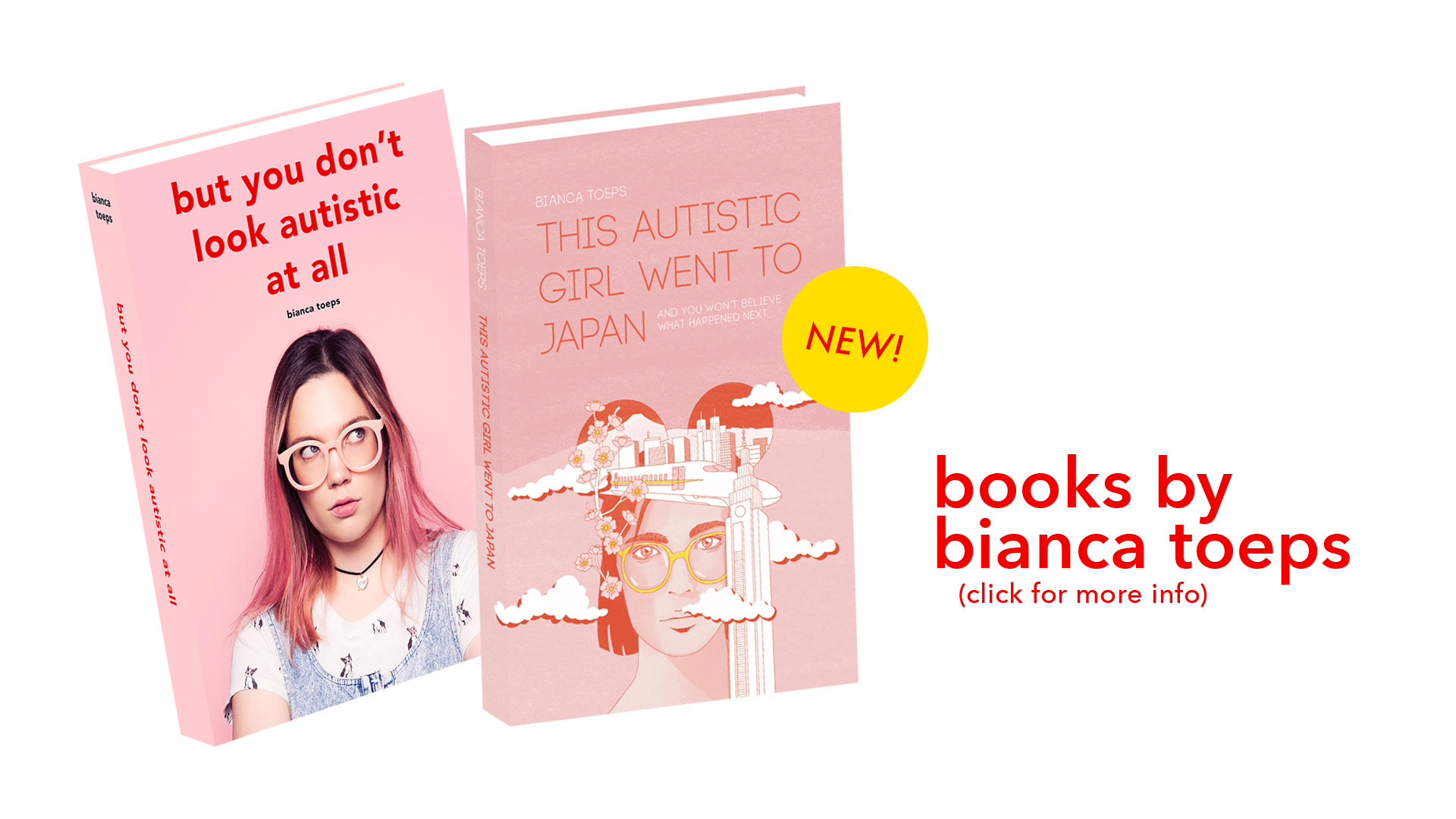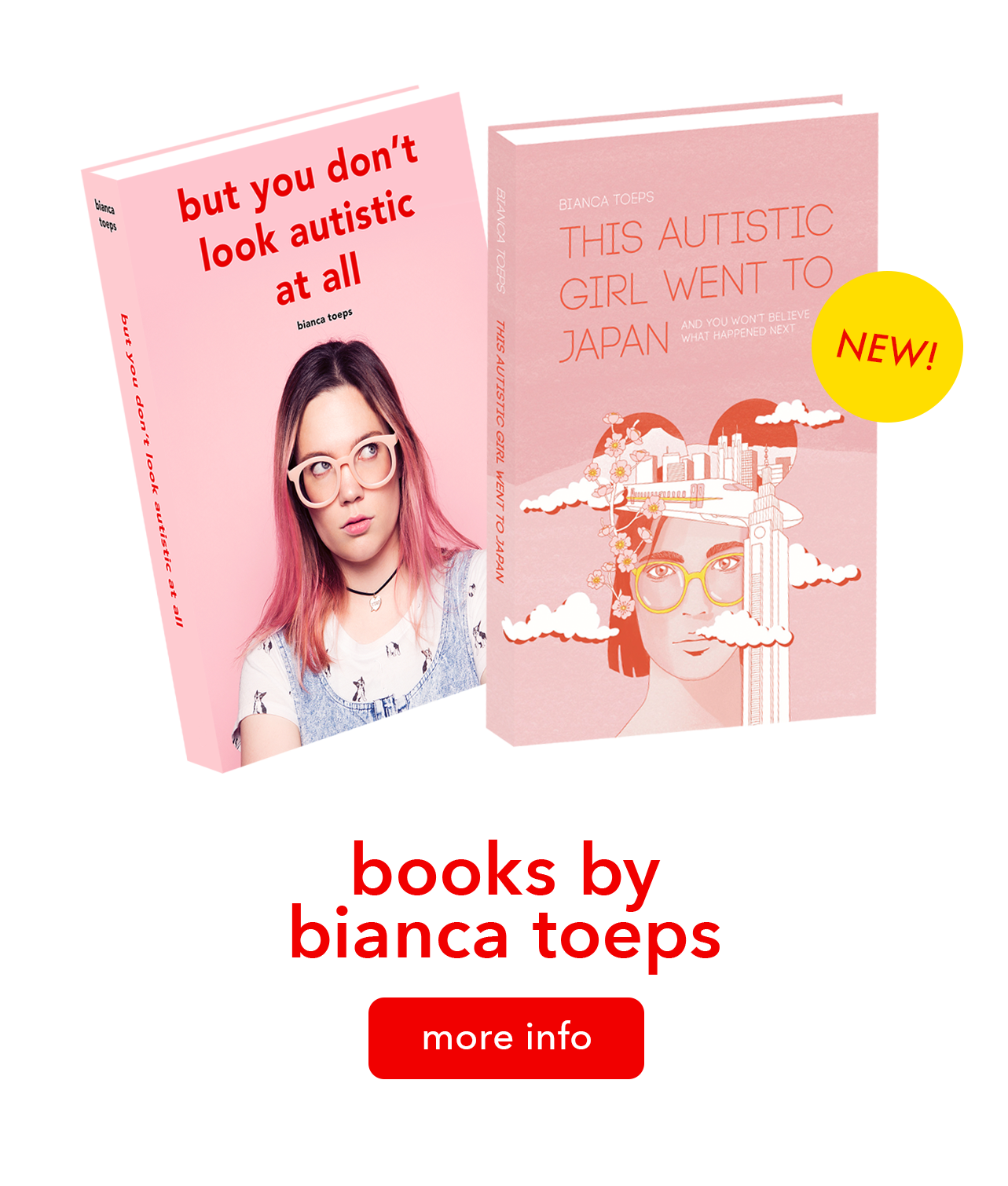“Do you actually still identify as a woman?” Roufaida asked me, after we’d been talking about her podcast, which I had also contributed to. It was originally called Grrrls, but now that she had recently interviewed a non-binary person, that name didn’t really fit anymore. Not long before that, the Instagram app had asked me if I wanted to add my pronouns to my bio. “Go away, leave me alone,” I thought. But why did I think that, really?
Roufaida asked because we had talked about it before. In my book I wrote: “I don’t have issues with my biological sex, I’m fine with the fact that my passport says ‘female’ and that people call me ‘she’ and ‘her,’ but somewhere deep inside I think: whatever. This isn’t really about me.” Was that still true? Or had I become non-binary by now too?
This article has been forming in my head for months. Maybe even longer. But I kept struggling to find the right words. I wrote a draft version for Doclines, then quickly submitted a different piece instead. It wasn’t quite right yet. I watched video after video on the topic, and each time, another puzzle piece fell into place. Another answer, another explanation.
But before we really dive in, let’s start with a few definitions.
"But what if someone, for example, doesn’t produce eggs?" Well, that person usually still has a whole range of other characteristics by which sex can be determined. These characteristics aren’t randomly mixed, but all stem from the same developmental process. Occasionally, something atypical happens during that process, which can result in a person being born with a DSD—a difference in sexual development. This used to be referred to as “intersex,” but that term is misleading: people with a DSD aren’t some kind of blend or midpoint between male and female. They still belong to one of the two sexes. For example, someone with XXY chromosomes is still male.
In English, there’s a distinction between male/female (sex) and man/woman (gender). That distinction doesn’t exist in all languages—for example, in Dutch the same words (man or vrouw) are used for both. Furthermore, some people believe that the English terms are synonymous, and that there should be no clear distinction between the two.
Gender expression is how you present yourself to the outside world—how you “perform” your gender, how you dress, and so on.
It’s also often said that someone “identifies” with a certain gender. At the same time, people say that gender is different for everyone, which introduces a bit of a contradiction. (Because if it’s different for everyone, what exactly are you identifying with?)
Anyway. Roufaida asked if I still identified as a woman, and I said: “I don’t really identify as anything. Other people do that.” As I mentioned earlier, I’ve never truly felt like “one of the women.” That might also have to do with my autism, since this feeling seems to be more common among autistic people than in the general population. But does that mean I’m non-binary? No. Agender? Also no. Why not? Because I don’t see any added value in it.
Why don’t I see any added value in it? I think people mostly judge based on what they see, and I have very little control over that. They might make an effort to use the requested pronouns, but if they see a woman, they see a woman. If some creep wants to harass me, it’s not going to matter much to him how I identify. And if someone has to assess my capabilities, I’d like to think my gender or sex wouldn’t matter at all—but if that person has biases, I can’t identify my way out of them.
The second reason is that, as an autistic person, I already find talking to people exhausting. Having to explain my gender to everyone? I really don’t have the energy for that. Plus, it feels like a lot to ask from people—especially people I don’t know well. I know many others see this differently, but to me it would feel like I’m putting my problem on them. Also, however well-intentioned, the singular they still doesn’t sound natural to me.
Luckily, I’ve found a solution that works well for me: I don’t identify. Yes, on a government form, I’m marked with an F for female. I was born female, and that’s just what it is.
Assigned sounds like the midwife flipped a coin and picked a sex at random. But of course, that’s not how it works. The sex was already determined in the womb, and the midwife simply observed and recorded it at birth. Sure, in the case of someone with a DSD, this observation can be incorrect—but for the vast majority of people, it’s accurate.
And it matters whether someone who—let’s say—was assigned female at birth was placed in that category mistakenly or correctly. The issue with assigned is that it's a derivative. It’s one step removed from the source, which is someone’s genetic, biological sex. A person who was incorrectly recorded at birth experiences dysphoria for a different reason than someone whose sex was recorded accurately.
Right, so I was born female. As a kid and teen, I was often mistaken for a boy—which mostly just annoyed me because it usually happened in a bullying, mean-spirited way. After that, I went through phases where I dressed more “classically feminine” (maybe to compensate), phases where I swore by short hair and baggy clothes, phases where I did modeling work, and phases where I sat coding in my sweats with no makeup. (Okay, that’s like 99% of the time, lol.)
Of course, expression is only one part of gender. But the rest—that feeling of identifying with something—I don’t have that either. I don’t have any desire to have children, or to be seen a certain way by others. Nothing. It’s not that I want to erase gender from the world, but for me it’s just: 404, gender not found.
“But Toeps, earlier you said it bothered you when Instagram asked for your pronouns. Why is that, then?”
Yeah, I had to think about that for a moment. But what I told Roufaida still holds true: I usually don’t identify. Other people do that. And now suddenly Instagram wants me to think about how I identify. What I am. Who I am. I’d been “woman” all this time simply because I’m the type that produces large gametes. When I fill in F or female somewhere, it’s not because I feel a certain way, but because I am that. Just like I’d put 1.83 for my height—not because I feel tall, but because my genes made me that way. If we were to go by the criteria, I’d probably end up in the agender category. But I don’t identify with that either—because it’s just too much hassle.
Sometimes I find it contradictory: on the one hand, we’re breaking down all the gender norms and everyone can be and wear whatever they like (nail polish and skirts aren’t just for women anymore, and short hair and ties aren’t just for men), but on the other hand, gender variants are getting more and more specific. And that’s totally fine if it makes someone feel better—but personally, I’d rather see gender become a lot less important. That I can just be Toeps, and that Toeps happens to be female because that’s how she came out of the womb. And that that, on its own, tells you next to nothing.
You might be wondering why I’m writing this—a sort of reverse coming-out story. Who cares, right? And honestly, you’d have a point. But still, I do think it matters. Because every now and then I come across texts or videos that make it seem like finding a new identity and adopting a set of alternative pronouns is the only option for people who feel different. Once again: if that is the right solution for you, then that’s great. But I want to show that there are also people who take a different route. And that that’s possible too. Or something like that.


